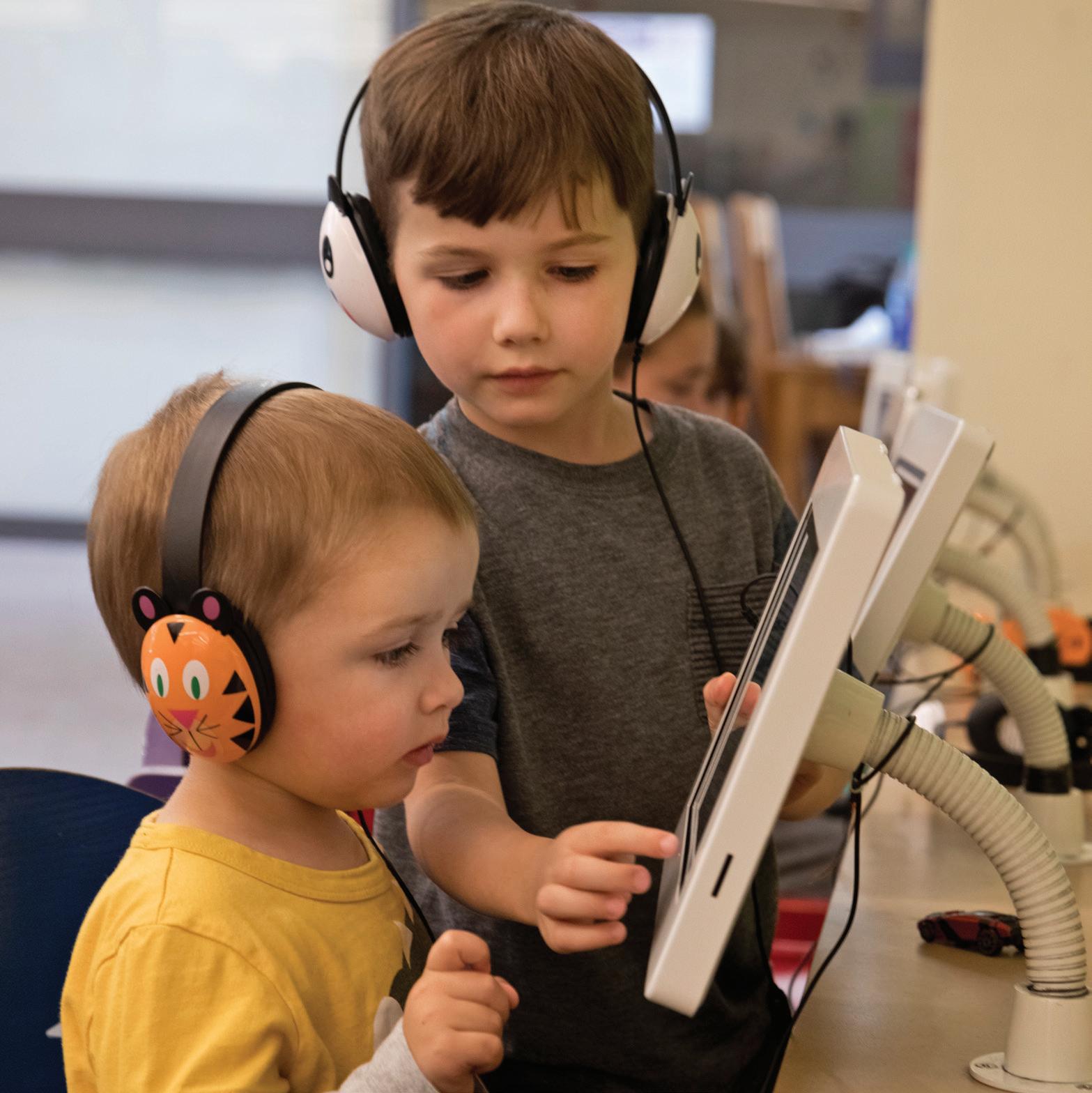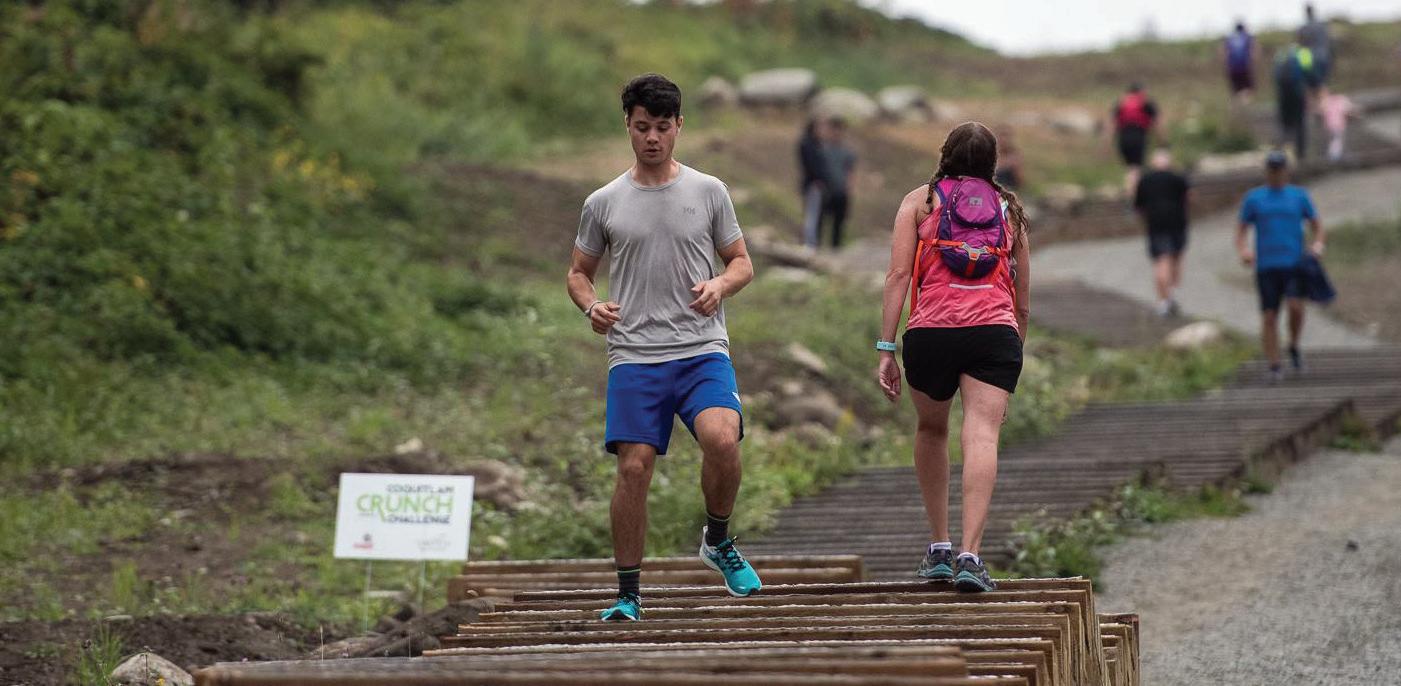
3 minute read
Concussion watch
HEALTH AND WELLNESS
Concussions and our kids
Advertisement
IT’S A TOPIC THAT CAN’T BE PUSHED ASIDE IN TODAY’S AGGRESSIVE SPORTS PROGRAMS
Are your kids playing hockey, football or other sports that could lead to injury or a concussion? We talked to local concussion management expert Dr. Aaron Binstock of Strive Health and Performance (strivehealthandperformance.ca) in Coquitlam to learn more about concussions and the risks for our children on the sports field.
ETC: What exactly is a concussion and why is it important? AB: A concussion is a form of brain injury that causes a temporary disturbance in how your brain functions. Concussions happen because of a hit, bump or blow to the head or elsewhere on the body. This impact causes the brain to move back and forth inside the skull. Most concussions don’t result in loss of consciousness.
It’s important to remember that a concussion is a functional injury, not structural. It is not a bruise of the brain, and can’t be seen on routine X-rays, CT scans or MRIs.
Can you prevent concussions? Unfortunately, there is nothing that can fully prevent a concussion, including helmets and mouth guards. It’s still recommended you where these pieces of equipment, as helmets can help prevent skull fractures or other catastrophic brain injuries, and mouth guards help protect your mouth and teeth. However, these pieces of equipment can’t prevent concussions.
Can athletes continue to play or practise if they think they sustained a concussion? In all suspected cases of concussion, it’s important to stop the activity immediately. Research shows us that athletes
who try to stay in the game can take up to two times longer to recover, which also puts them at risk for additional injury.
If your child is vomiting, has a severe or worsening headache, has trouble staying awake or answering simple questions, they should be taken to hospital emergency immediately.
What steps should you take for optimal recovery? Research shows that the quicker you seek an assessment and treatment, the greater the chance of a faster recovery. Anyone suspected of concussion shouldn’t just go see a doctor, they should seek a collaborative approach with a licensed health care professional with training in concussion management.
What can you do to treat a concussion? Rest is no longer considered the best approach to concussion care. Contrary to popular belief, there are many ways to treat a concussion. Research demonstrates the benefits of early intervention of treatment and rehabilitation to support concussion management and improve recovery. Therapies can include physical exercise, cervical spine (neck), vestibular (balance, dizziness, coordination), visual, psychological, nutritional and more.
What’s baseline testing? Baseline testing is a valuable tool to help health care providers in concussion care. It’s important to note that baseline testing is not used to diagnose a concussion, but helps in making a decision on return to play. But not all baseline tests are equal. A baseline test should include a variety of tests, not just a single computer test or SCAT5, and should always be administered and interpreted by a health care professional with training in concussion management.
How long does it take to recover from a concussion? Most people feel “back to normal” (symptoms go away) within 10 to 14 days after injury, but a full recovery is typically within three to four weeks. Children as well as people with a history of concussions or mental health problems, such as anxiety or depression, may take longer to recover. It’s important to remember that just because your symptoms go away does not mean you’ve fully recovered from a concussion. You need to follow your health care provider’s advice and complete a full return-to-school, work or sport protocol before being fully cleared. n










